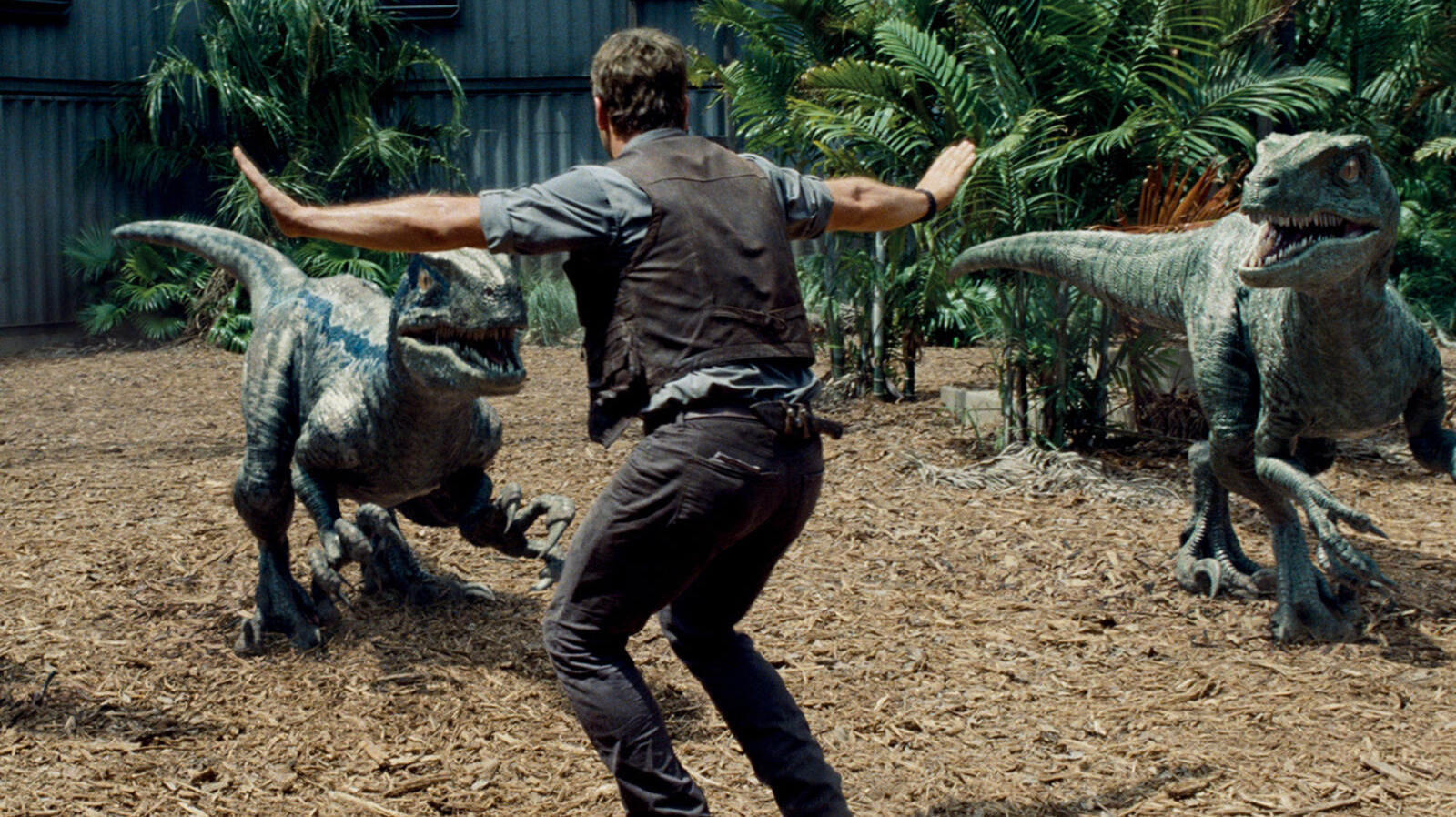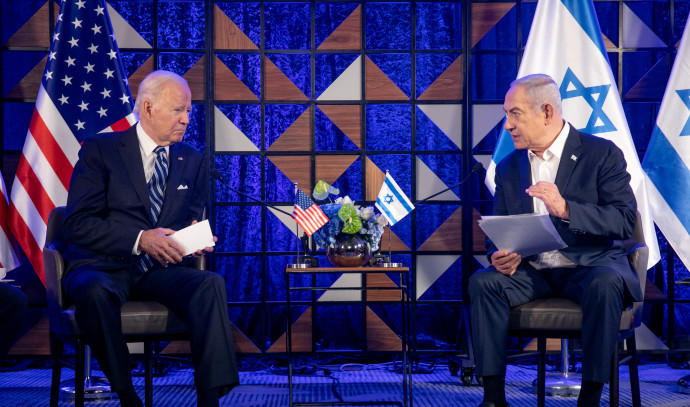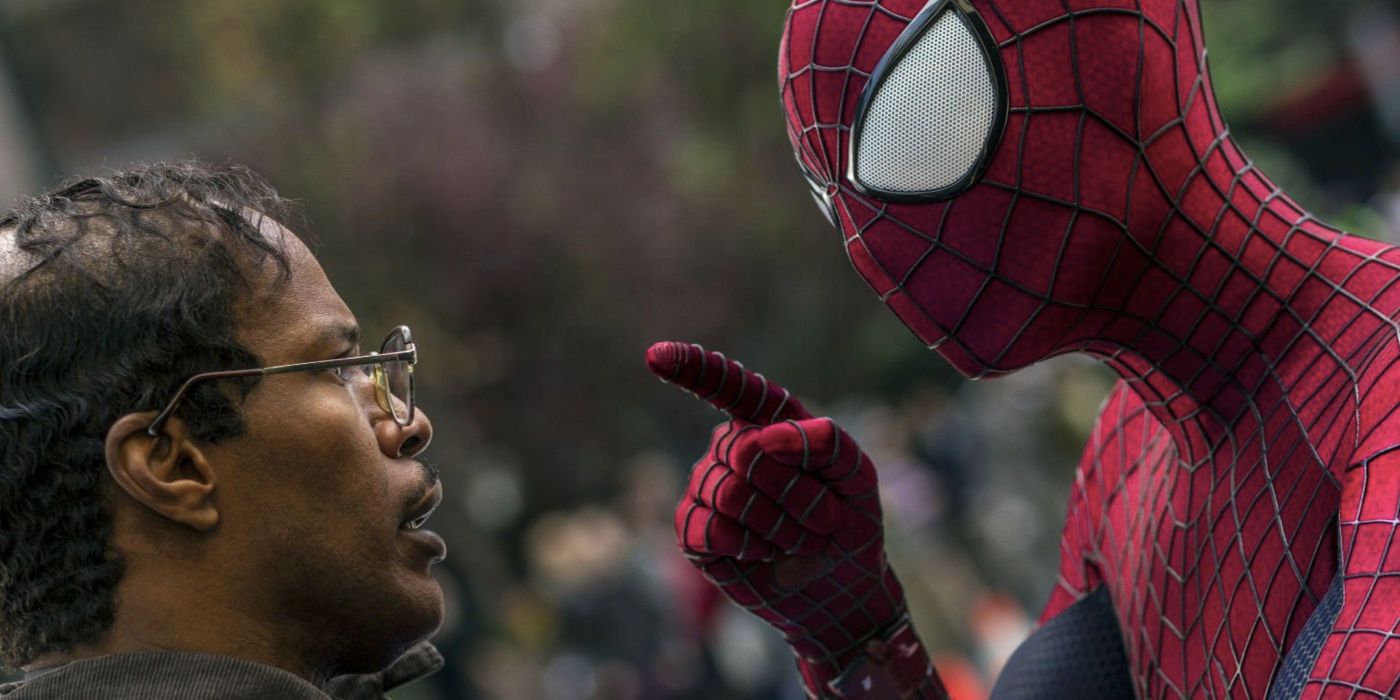A new nonfiction book makes me want to apologize to Jurassic World

Yes, I know it sounds weird. Listen to me.
Higginbotham is fast becoming one of my favorite nonfiction authors, a gifted journalist and historian who writes with the instincts of a master thriller writer. His Midnight in Chernobyl remains one of the best books I’ve ever read, a chilling, lucid, and gripping account of that horrific nuclear tragedy (and a must-read for anyone shocked by HBO’s Chernobyl miniseries). Challenger has the same clear-eyed, chilling style — to explain why the space shuttle Challenger exploded shortly after launch in 1986, he takes the reader through the entire history of the United States’ quest to win the space race, and examines in chilling detail the bureaucratic missteps and abuses of authority that led to the tragic deaths of seven American astronauts.
The book is incredible. You should read it. You should especially read it if you’re a millennial like me and you only heard the sugar-coated, watered-down version of the entire story growing up. It’s essential.
Yet a recurring theme throughout the book is the battle for public attention. The mission to build space shuttles and reach the stars is only viable if the American people support it. And their support is always a matter of luck, depending on the social mood in the country or the economic situation. Whether NASA is a huge waste of resources or a shining light leading us to a remarkable future depends on the whims of a country prone to sudden mood swings. People are fickle. Americans even more so.
And this fickleness is the only thing that “Jurassic World” undoubtedly portrayed correctly in retrospect.



